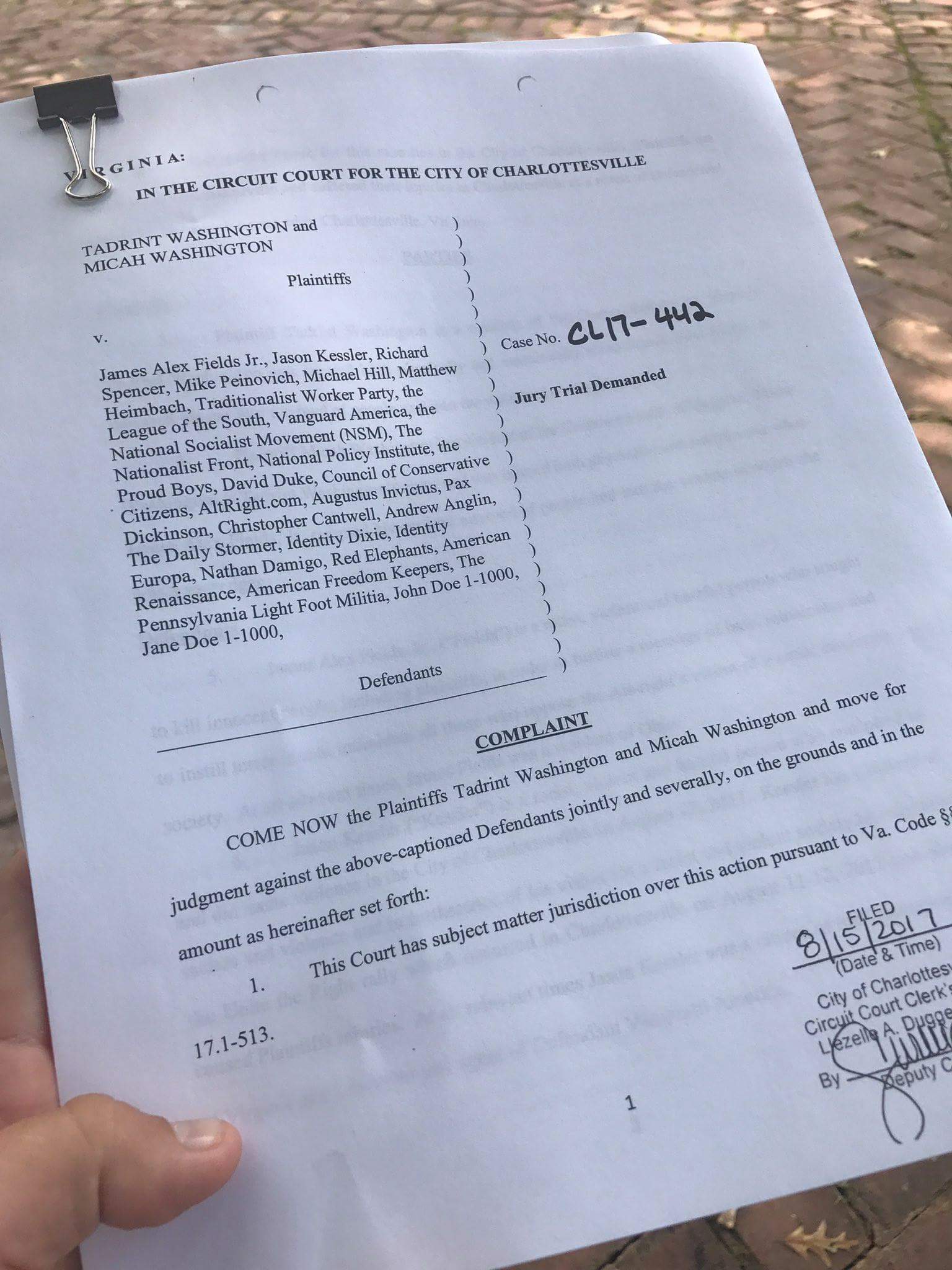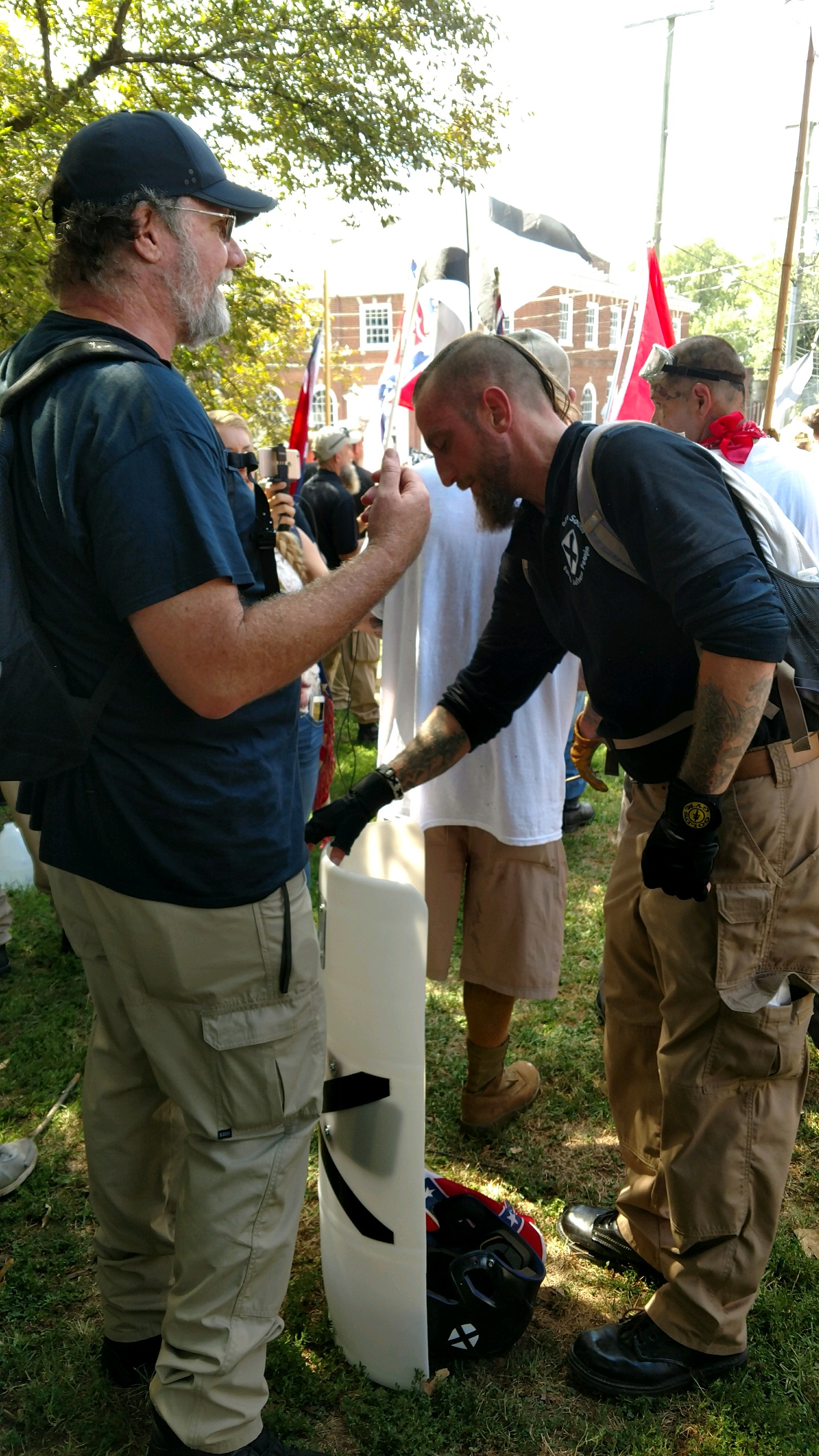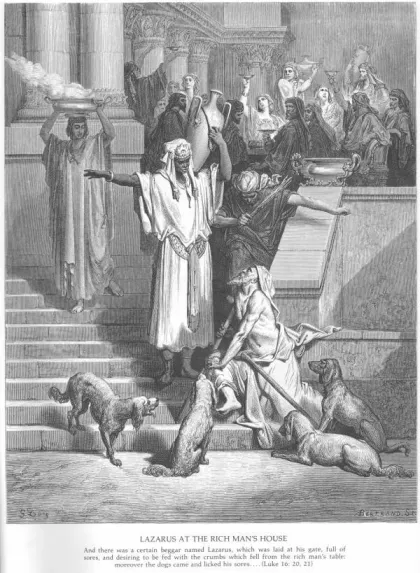In the Wake of Charlottesville

In the Wake of Charlottesville, with Mike Delaney of Prothink.org.
In 1789 a group of White and predominantly Christian men of general Northern European extraction left a Constitutional Republic which they themselves had asserted was for “us and our posterity”, according to their own words. This was a concrete position which constituted the very fabric of the fledgling Republic.
In 1866 Congress and the courts began to erode the Republic by ignoring the fact that it was formed exclusively for the posterity of the founders, which is their offspring. This was a political situation, and not everyone appreciated the circumstances. It had opposition then, and it has opposition now. In fact, nine States refused to ratify the 14th Amendment in 1866 and 1867, and State Legislatures in Oregon, Ohio and New Jersey rescinded their initial ratification votes in 1868, so it was far from being universally popular. Likewise, seven States refused to ratify the 15th Amendment in 1869 and 1870. So the passage of the 14th and 15th Amendments was the result of political circumstances. These Amendments do not represent concrete moral truths, but rather they represent the outcome of political circumstances which for one reason or another had led to the prevalence of certain opinions at that particular time, and in spite of the fact that they are contrary to the original Constitution. Political opinions and circumstances are fluid, people cannot be forced to agree with them, and they can change or be changed by the will of the people.




 Special Notices to All Who Deny Two-Seedline, Part 14
Special Notices to All Who Deny Two-Seedline, Part 14



 We were in Charlottesville with the League of the South on Saturday. I am going to write an article this week detailing what we saw firsthand. Sorry if this cannot be done sooner, but it is not our purpose at Christogenea to report "news".
We were in Charlottesville with the League of the South on Saturday. I am going to write an article this week detailing what we saw firsthand. Sorry if this cannot be done sooner, but it is not our purpose at Christogenea to report "news".






 Please click here for our mailing list sign-up page.
Please click here for our mailing list sign-up page.








Recent comments